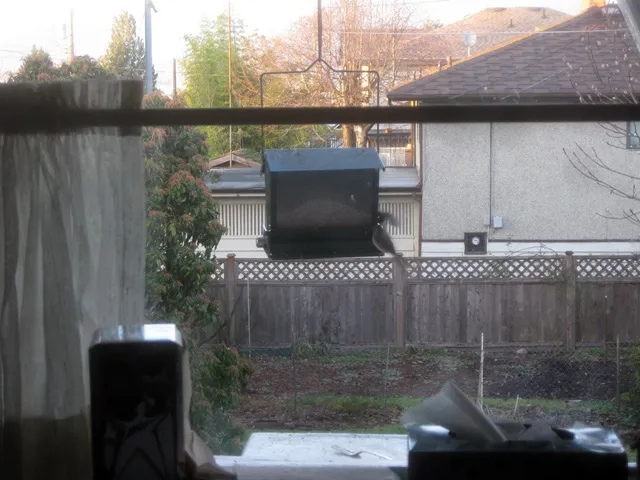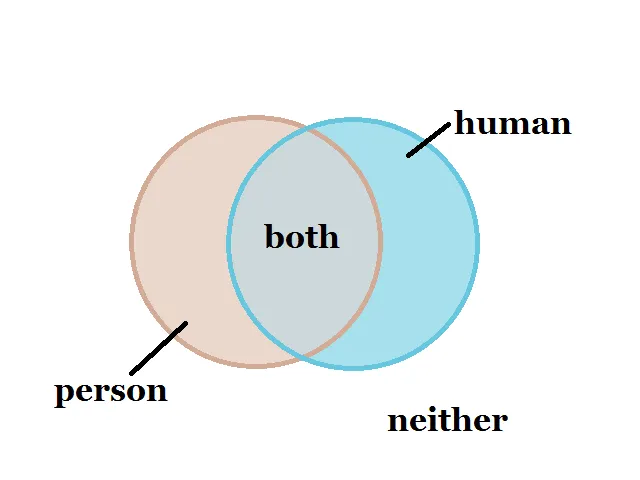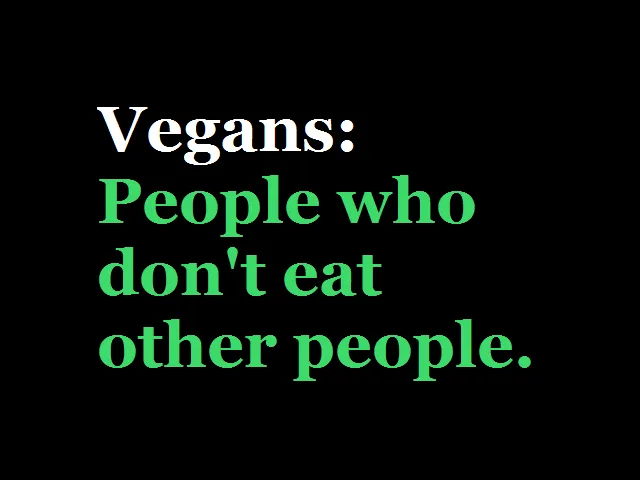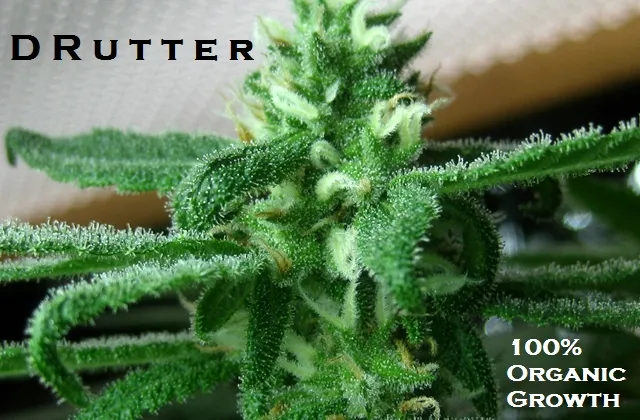My 92-year-old grandma re-examined a lifetime of meat eating after seeing unique personalities in the chickadees at her feeder.
I was raised in an animal-product-focused family. Dinner was meat, potatoes with butter, and vegetables - plus a big glass of milk. Breakfast was eggs and cereal with milk. Lunch was salami sandwiches, and there was always cheese on hand. Until my grandparents, my ancestors were all farmers, many who suffered with obesity, heart disease, and diabetes as they aged.
10 years ago, as part of the greater 'conscious awakening' and self-improvement process I began, I decided to do a trial "no meat" week, where I stopped buying (and eating) red meat and poultry. It wasn't exactly easy, but I saw several immediate benefits, and decided to extend it beyond the 7 days. 14 days, then a month and here I am 10+ years later. I've since cut out all dairy and eggs as well, essentially taking in nothing at all from other animals.
My family, on the other hand, is largely unchanged (and don't agree with my decision to stop eating other animals). I don't try to change them, but they do try to get me to 'switch back'. I'm in good physical shape, I eat like a horse, and I have the cardiovascular system of a 14 year old boy.
When I moved in with my elderly grandmother to grant her wish of dying in her own home, she never hassled me about my diet. Sure, it got in the way of family meals, and baked treats she wanted to make for me, but otherwise it wasn't an issue. A few times, she tried to explain to me her rationale for eating meat, but it never really made sense to me. I respected her greatly, but found some of her ways unscientific and backwards. She would say things like "you're raising the animal up to a higher energy level when you use its nutrients". I still don't think I really know what she meant, or if I can discard that nugget as the ramblings of a well-meaning old woman.

Grama was a nature-lover. Her and Grampa were gardeners above almost everything else in their full lives, always with many plants and crops and projects on the go, year after year for the many decades of their life together. When he died about 10 years back, I took over most of the gardening at their place, so Grama could enjoy all her favourite plants.
Grama's birds
She didn't keep any pets in her old age, but Grama LOVED the birds that visited her yard and garden. Chickadees, finches, tits - anything except crows and starlings, which she saw as noisy, aggressive, destructive birds. The smaller and gentler birds were her favourites. I don't know how many times she sent me to the store for bags of bird seed - and she would get the expensive stuff, too! Her yard was a sanctuary for them. No threats, just friendly gardeners, lots of trees and shrubs, a source of water, and fresh bird seed 24/7. They came from blocks around and she loved to watch them.

Just weeks before she died, I came into the kitchen and found her quietly sitting at the table, looking out at the chickadees taking turns at the feeder. "You know what? I think they're all different. I can tell them apart by their markings. Some of them are kinder than others, some are skittish, they don't all act the same." Of course, my mind went to the fact that she routinely eats chickens, turkeys, and other birds, but I said nothing of it. "Could there be little..... people.... inside there?" she asked, as though the idea had just come to her for the first time. After observing them for decades, she finally noticed that birds aren't all the same, that they have behaviours, and that they think and feel. A day late and a dollar short, perhaps, though it was something.
But what about her question? Can birds be considered people? Aren't humans the only people?
To answer that, consider that 'human' has its own definition, different from that of 'person'. A human is simply a member of the species Homo sapiens - it's a matter of our DNA. Are all humans 'people'? How about a human embryo consisting of just a few cells - is it a person? What about somebody whose brain is severely damaged in an accident, who exists in a vegetative state? They're alive, that's not in question, and their DNA confirms they're human. But is there a person in there?
Imagine an advanced alien visitor to Earth, vastly more intelligent, with intricate communication and a complex society. They're not human, but it would be difficult to argue they aren't people.
It appears that not all humans are people. And likewise, not all people are humans.

It's usually easy to tell if an animal is a human or not, by looking at it. If in doubt, we can look at it really close - under a microscope - and make the determination by its DNA. But it's not always as easy to tell if an animal is a person or not without other investigation - observing its behaviour, attempting to communicate with it. Perhaps this is why many of us tend to use the two words interchangeably, assuming all humans are people, and assuming all nonhumans aren't.
"Birds are people, too"?
In philosophy, we say a person is a living individual with a 'personality' and 'rationality'.
- 'personality' refers to the characteristics and qualities of an individual that make it behaviourally different from others
- 'rationality' is ability to reason (form conclusions) or exercise sense/judgment
'People' is the plural of 'person'. It's the same as saying "persons", but sounds better.
So people are: Individuals with differentiating behavioural characteristics that can form conclusions and exercise judgment. There's something special about conscious beings that sense, infer, calculate, reason, plan, and whose traits vary between individuals. Yes, most humans fall into this category, but what matters to this discussion is that so do some other animals.
Man's best friend
A common concept many people identify with is family pets. Did you ever know a cat or dog for many years? Did you notice that it had any behavioural traits that other cats or dogs didn't have, or was it's behaviour identical to that of all others from its species? Did you ever mourn for a dead pet you loved very much? Why did you mourn? Was the pet an individual to you, not the same as every other pet of the same species? Did you know them? Did they know you? They certainly weren't a human, but were they not a unique, thinking individual with traits and qualities that made them behave or act the way they did? Have you ever known a cat who always hides when somebody new is around? Dogs that are overly friendly? Budgies or parrots that are more talkative than others? Family pets have personalities. They are sometimes called "part of the family". Would we say that about a houseplant we had owned for several years?
Dogs and cats are people. Pigs and dolphins, generally considered smarter than cats and dogs, are also people. Primates, including humans, are people. All mammals are people. Birds are generally less capable of reason and judgment than mammals, but they certainly DO have personalities, as Grama noted, and they have unique behavioural traits. Yes, I believe that at least some birds are people.
So what's next, are we going to claim bugs are people? Plants and fungi?
Bugs, plants, and fungi don't fit the definition of person. They're alive, and they're individuals (in most cases), but they can't form conclusions, they can't use judgment, and they have no behaviour to speak of. The definition has clear boundaries.
I believe my dying grandmother was correct - the tiny flitting birds at her feeder were individuals with thoughts and unique behaviours. So different from us, in so many ways, but also so similar. Indeed, they were people.
Concluding thoughts
Some humans are people, and some people are humans. Some animals are humans, and some animals are people. All people and all humans are animals.
And "vegans", what are they?
Vegans are people who don't eat other people.

(I hope this made you think about these topics in a new way without offending you.)
DRutter
